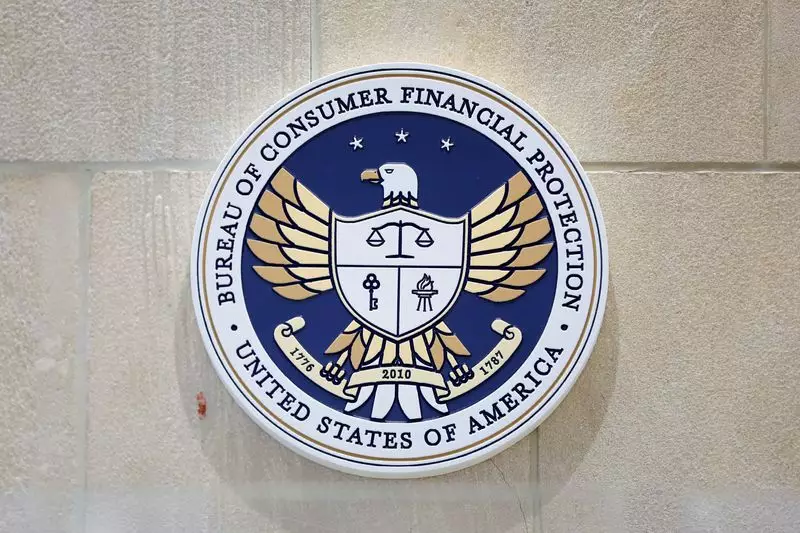Recently, the Consumer Financial Protection Bureau (CFPB) made an announcement regarding the creation of a public database that aims to identify nonbank financial companies involved in violating consumer laws. This new regulation requires a wide range of financial services companies, such as debt collectors, mortgage lenders, and credit reporting agencies, to report any actions taken against them at the federal, state, and local levels to the CFPB.
The primary goal of this database is to catch and deter corporate repeat offenders. According to CFPB Director Rohit Chopra, the existence of repeat offenders engaged in illegal activities has caused harm to many American families and businesses. The database is expected to help the CFPB and other law enforcement agencies monitor and track repeat offenders more effectively, ultimately holding them accountable for their actions.
One significant feature of this new registry is its availability to the public online. This means that information on nonbank financial companies violating consumer laws will be easily accessible to state attorneys general, regulators, investors, creditors, and the general public. By making this database public, the CFPB aims to increase transparency within the financial industry and empower individuals and organizations to make more informed decisions.
While the creation of this database was largely praised, there were some objections from trade organizations. For example, there were concerns about the requirement for senior executives to attest in writing to a company’s compliance with existing court orders and enforcement actions. Despite some modifications based on industry feedback, such as a simplified filing process for companies with enforcement actions in a nationwide licensing system, the core principles of the database remain intact.
The CFPB anticipates the first corporate registrations in January of 2025. It is hoped that this database will serve as a vital tool in combating corporate recidivism within the financial sector. By providing a centralized platform for reporting and monitoring violations, the CFPB aims to create a more accountable and ethical financial industry for the benefit of consumers and businesses alike.

